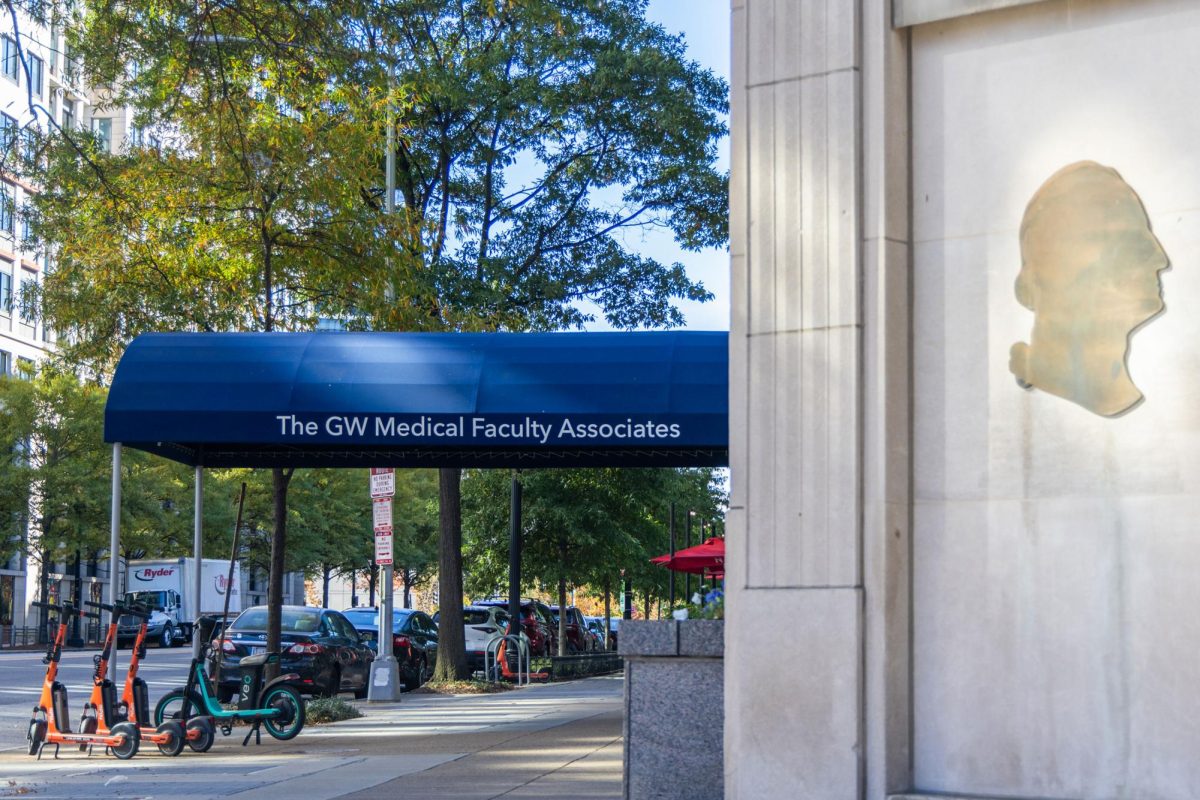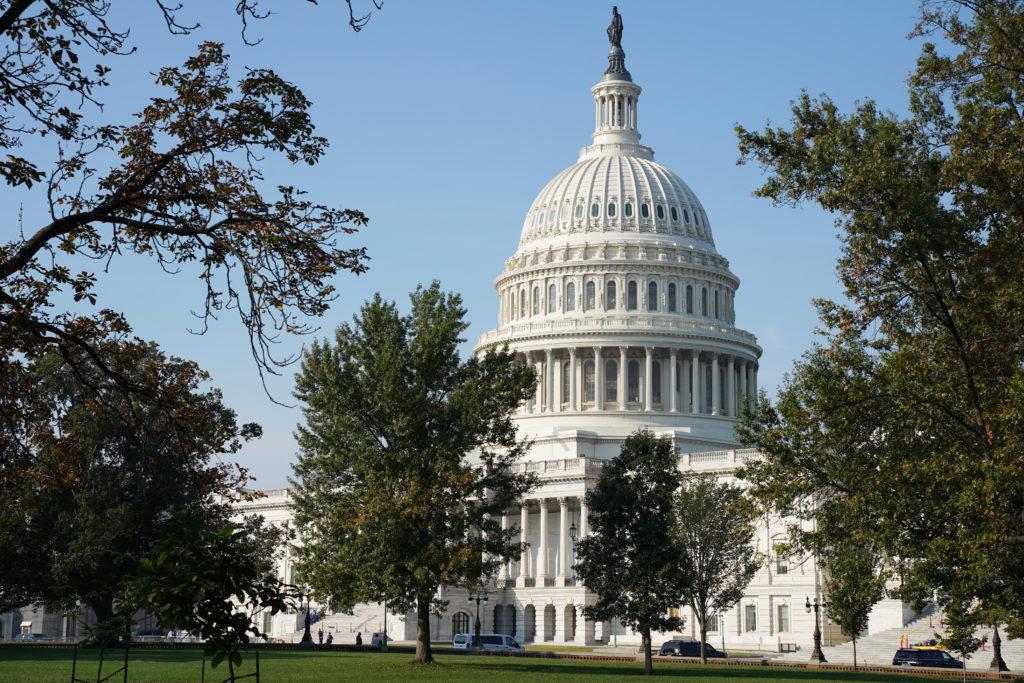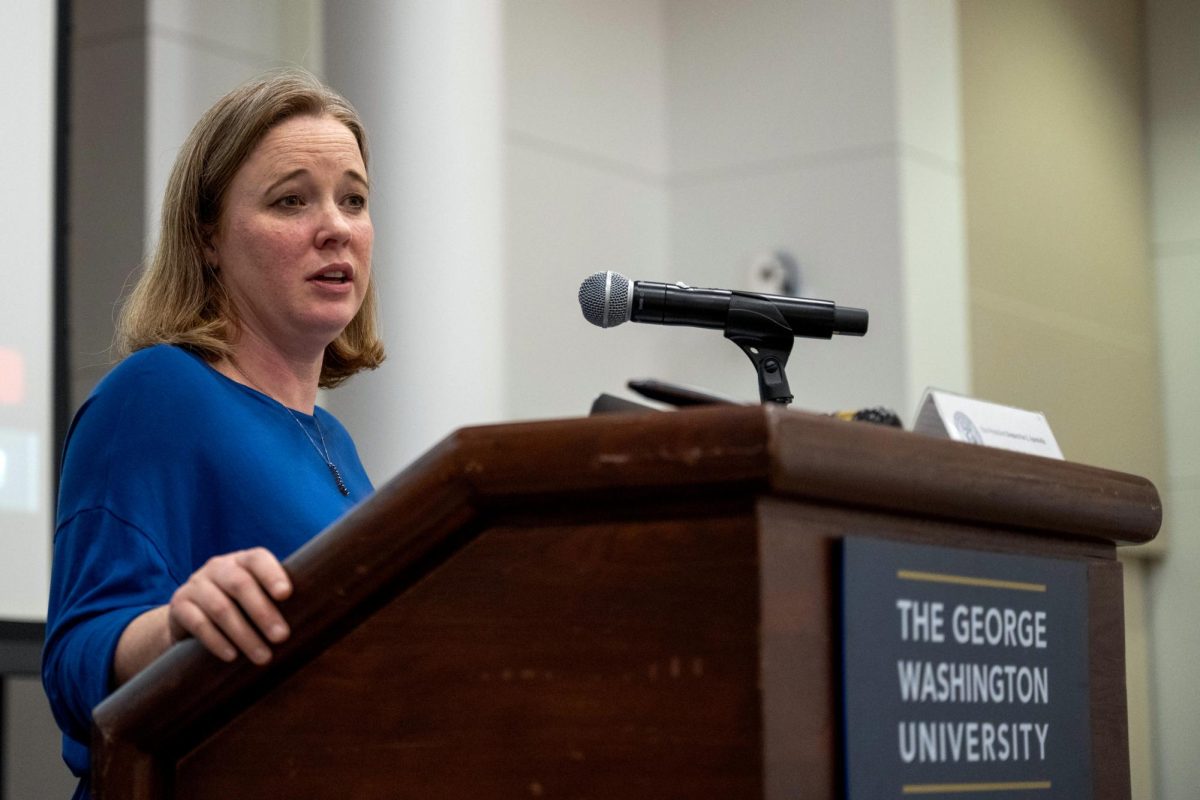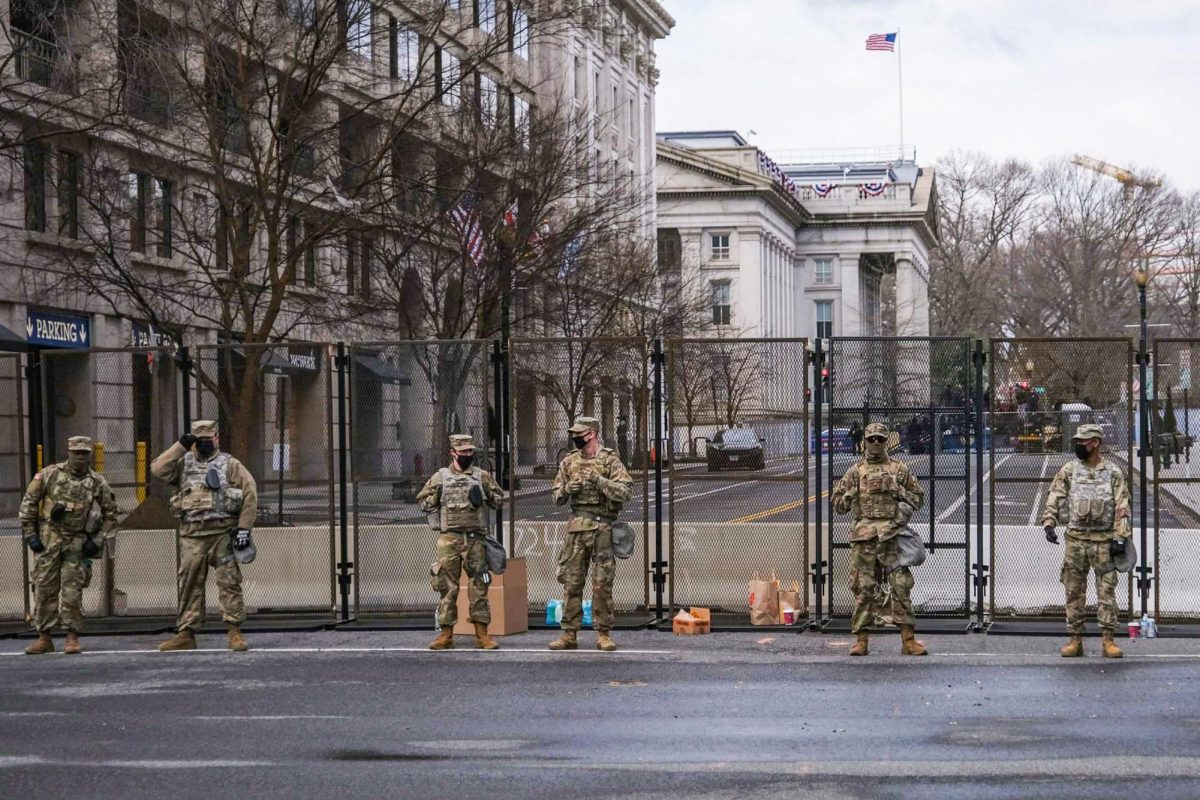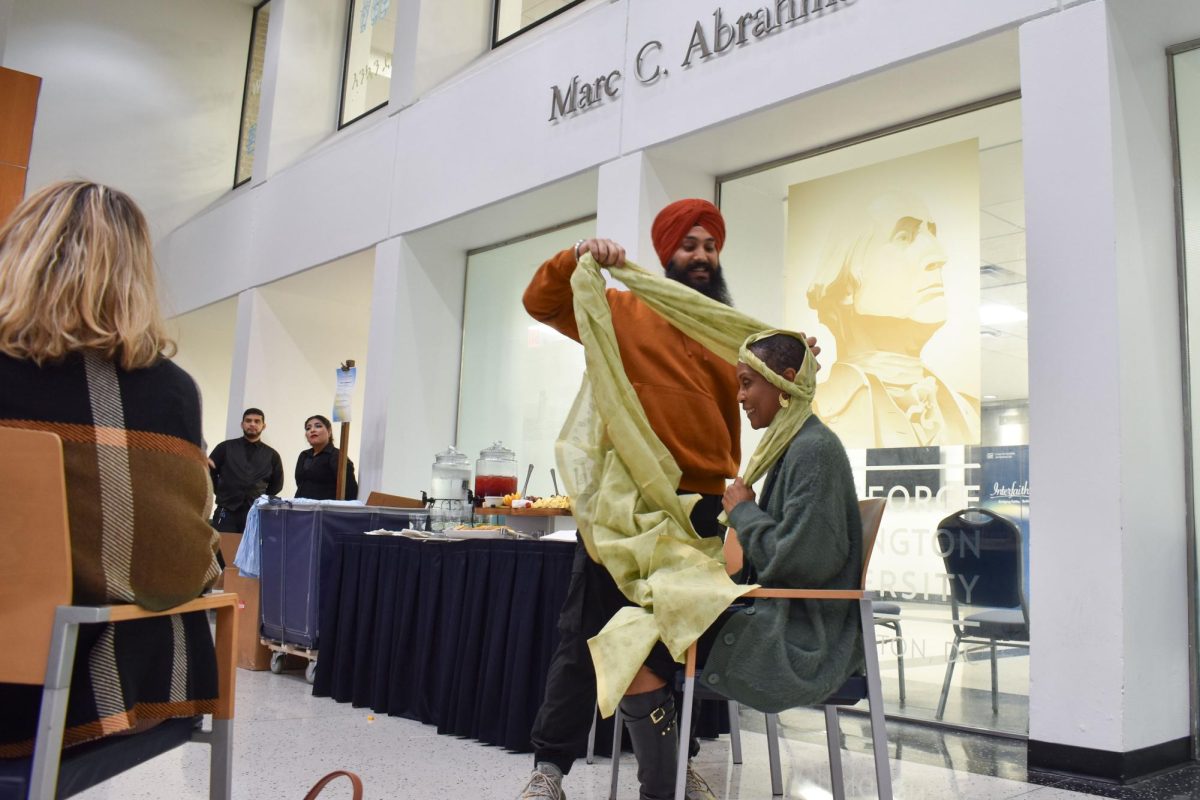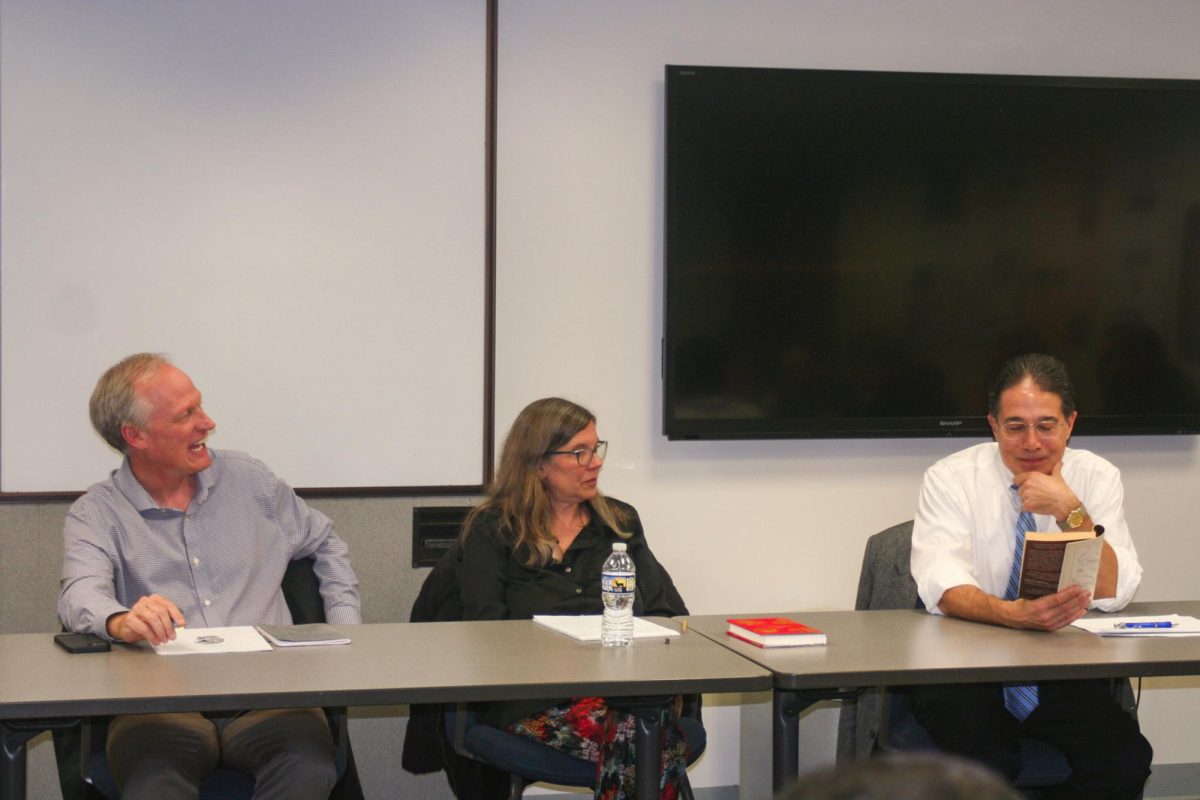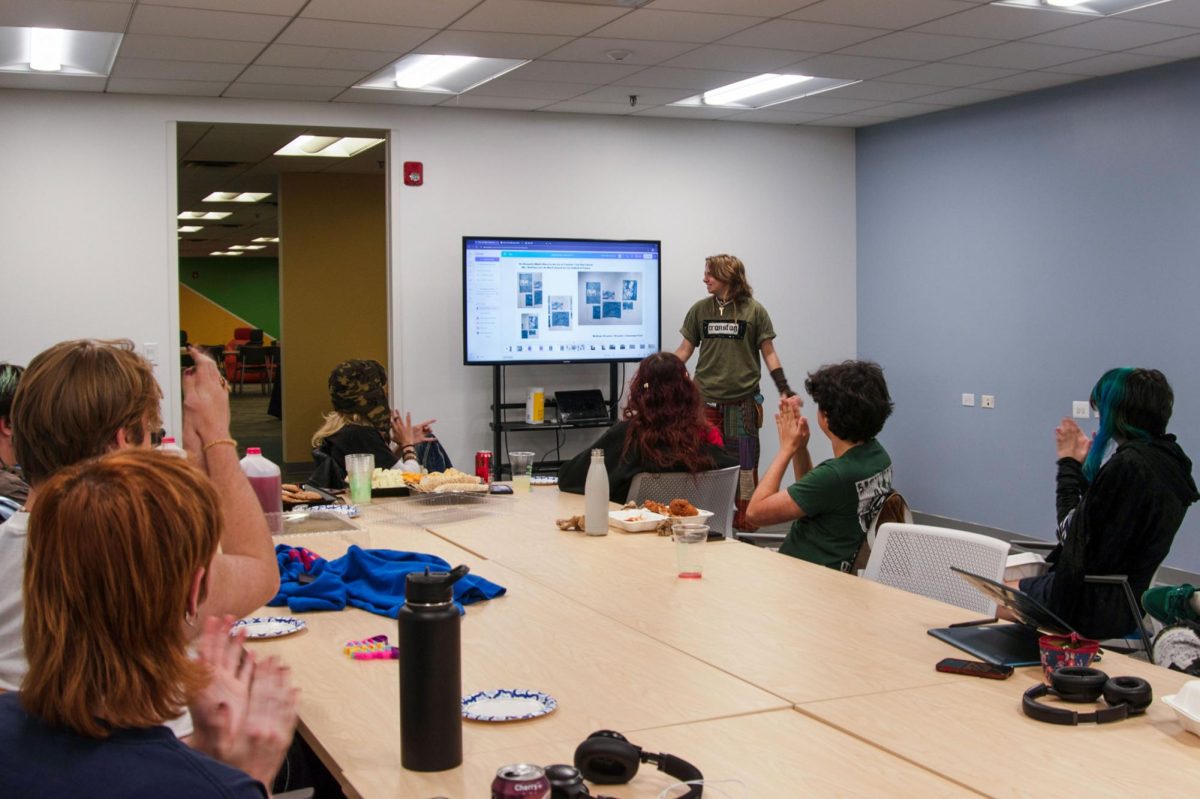Officials are in the “final stages” of forming a student council to garner feedback about the financial aid office one year after the proposal was announced.
University spokeswoman Crystal Nosal said the Office of Student Financial Assistance is hiring associates who will make up the student advisory council, which was part of an overhaul of changes to the office unveiled last year. The update comes after the Student Association Senate called on the University last week to bring student leaders up to date on the status of the council, adding that they have not been kept in the loop on the group since it was initially announced.
“This role, new to OSFA, is responsible for building relationships with student populations and other University partners,” Nosal said in an email.
Nosal said GW’s late fees increased from $75 to $150 about four years ago – the first increase in more than 10 years – after officials compared GW’s rate with peer schools’ fees.
“The late fee and interest charges are assessed on accounts not paid in full by the bill due date, as articulated in the resolution,” Nosal said. “The late fee policy does not distinguish between students who have paid all but $900.00 versus those that pay all but $1,100.00.”
She added that student accounts and financial aid administrators collaborate to identify students with challenges like delayed aid payment and resolve those issues before students are hit with late fees.
“Students with any outstanding balance are encouraged to find ways to pay the final amount prior to late fees being assessed,” Nosal said.
SA leaders also asked officials to exempt students with an outstanding tuition payment balance of $1,000 or less from a $150 late fee and monthly interest charges.
SA Sen. Quentin McHoes, ESIA-U, and a bill sponsor, said senators wanted to push the SA to address late fees after hearing feedback that many students felt stressed about late fees. More than 60 students alleged last year that they were still waiting for the office to process their financial aid packages at the beginning of the semester, which delayed their class registration.
“We’ll work together on the language of drafting, either a report or a specific type of proposal,” he said. “Then that will go through the various channels until it makes its way to a meeting where it can be discussed with [University] President [Thomas] LeBlanc and his support.”
SA Sen. Howard Brookins, U-at-Large, said officials should create a timeline to show when a scholarship or financial aid will go into effect to decrease financial stress on students and ensure late fees don’t derail a student’s academic plans.
“Say you have $900 left of balance and you think you’re good and worked off enough money to pay that, and then you’re hit with this late fee,” he said. “Now, you’re over that threshold and now you can’t register for classes.”
SA Sen. Brandon Hill, CCAS-U, and chair of the Black Senators Caucus, said the research in the resolution calls out the financial aid office for not launching the joint student and faculty council formally announced last year. Nothing has been shown for any meetings nor has the council officially begun the process of communicating with students, Hill said.
“I also think it unifies the SA behind the idea that this is what we’re promised, this is what should happen and holds the University accountable in that sense,” he said, referring to the resolution.
Hill added that the resolution will not only provide aid to students who have struggled to make payments but also help the University diversify the student body by ensuring middle- to low-class students can access financial assistance. In 2017, 7.6 percent of GW’s student body came from low or middle-class families.
“This was something that I found necessary in order to make GW accessible for all,” Hill said. “Especially with the removal of fixed tuition and the new strategic plan coming out, this was something pertinent to keep GW diverse financially, diverse racially and ethnically.”



